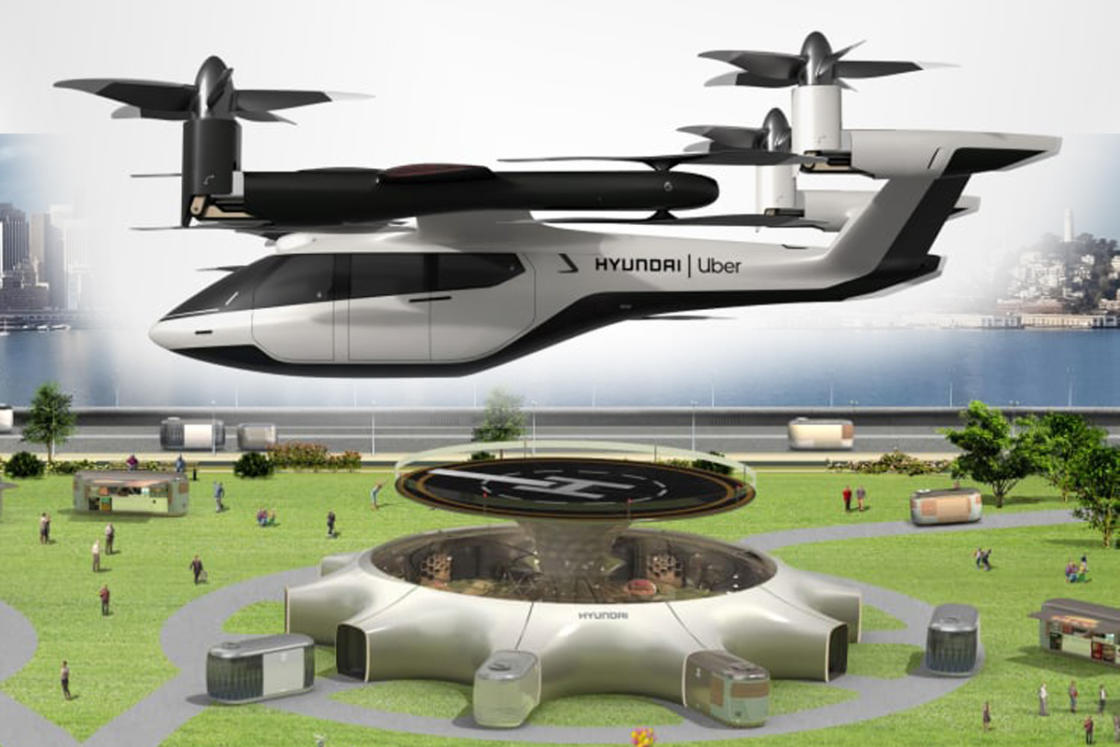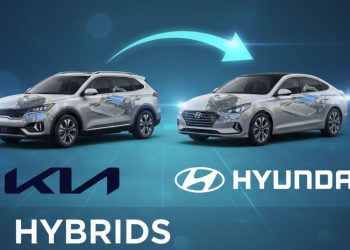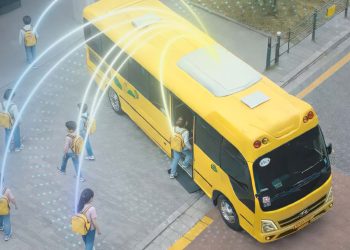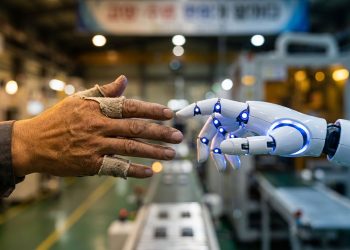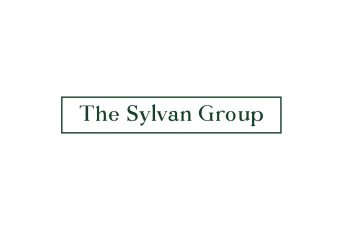South Korean automaker Hyundai Motor partnered with the ride-hailing service company, Uber, to develop a “flying car” for Uber’s air taxi service Uber Elevate.
Hyundai debuted the S-A1, a full-scale-mock-up, during the Consumers Electronics Show happening in Las Vegas this week. The battery-powered “personal air vehicle,” or PAV, will have the capacity to carry a maximum of up to five passengers. The PAV is capable of traveling a range of 96 kilometers (60 miles), reaching speeds of up to 290 kilometers per hour (180 miles per hour).
Uber in 2016 expressed its ambitions in establishing an aerial ride-hailing service introducing “Uber Elevate.” The ride-hailing company said it would perform test flights this year intending to launch a version of the air taxi in 2023, starting from Dallas, Texas, and then Los Angeles, California.
Uber Elevate Head Eric Allison stated that Uber already signed up partnerships with traditional aerospace companies, including Bell, Embraer, and Boeing subsidiary Aurora. However, Hyundai is the company’s first partnership with extensive experience in passenger car manufacturing on an international market.
Eric believes Hyundai has excellent potential to manufacture high-quality Uber air taxis, which are reliable at high volumes to dramatically decrease passenger costs per trip.
Uber aims to expand the reach of its ride-hailing service with Uber Elevate, linking the urban landscape to nearby suburbs. The air vehicles would avoid traffic congestion by flying at heights of around 300 to 600 meters (1,000 to 2,000 feet).
The company expects a roughly 50-mile trip to only take about 15 minutes with the air taxis as compared with cars that can take more than 2 hours of travel depending on the traffic conditions. During peak hours, it will require only about five to seven minutes for recharging.
Hyundai’s Personal Air Vehicle contains two tilt- tail rotors, and ten other rotors distributed around the cabin for flight stability. The aircraft is designed to take off vertically transitioning to winged flight while cruising, and then back again to vertical flight landing. The electric vertical takeoff and landing (eVTOL) aircraft eliminate the need for airstrips that consume wide spaces.
Hyundai’s Urban Air Mobility (UAM) Division head Jaiwon Shin said that Hyundai’s vision for Urban Air Mobility would significantly change the industry of urban transportation. According to the executive vice president, the automaker is confident in partnering with Uber Elevate with the ambition to make the product consumer-ready.
Hyundai will also unveil concepts for a “hub,” which is a flying taxi air terminal serviced by “purpose-built vehicles,” or PBV for ground transportation to and from Uber’s Elevate stations.
The technology is still in its early phase, and Hyundai, Uber, as well as several other companies in the industry still face regulatory and technical challenges in executing their goals of air taxi services.

